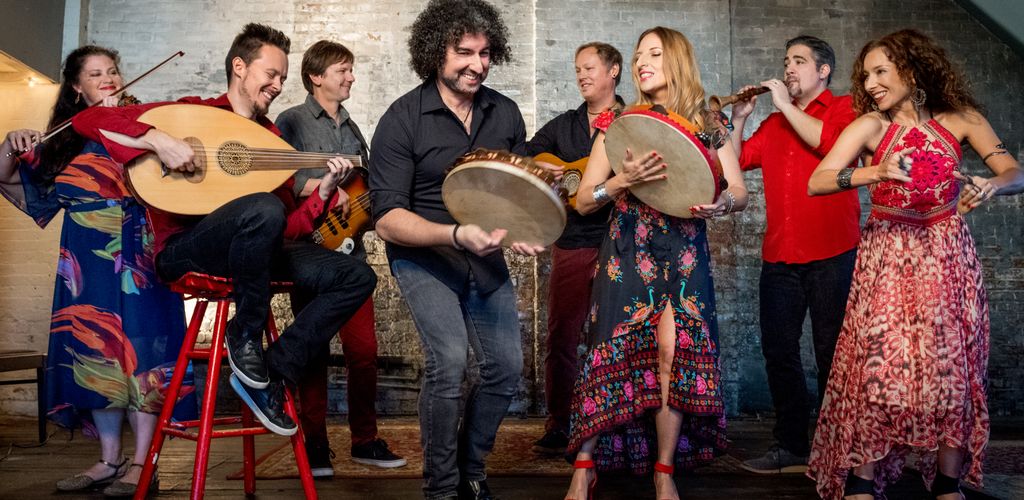Newpoli in Concert
Jan. 30 • The Cooperage • 7720 Lomas Blvd. NE7:30pm • $17 advance, $22 day of show • 21+.Jan. 31 • North Fourth Theater • 4904 Fourth St. NW12:30pm • Free • All agesNewpoli And Italian Folk
Folk Ensemble Creates Anew

Latest Article|September 3, 2020|Free
::Making Grown Men Cry Since 1992

Newpoli in Concert
Jan. 30 • The Cooperage • 7720 Lomas Blvd. NE7:30pm • $17 advance, $22 day of show • 21+.Jan. 31 • North Fourth Theater • 4904 Fourth St. NW12:30pm • Free • All ages